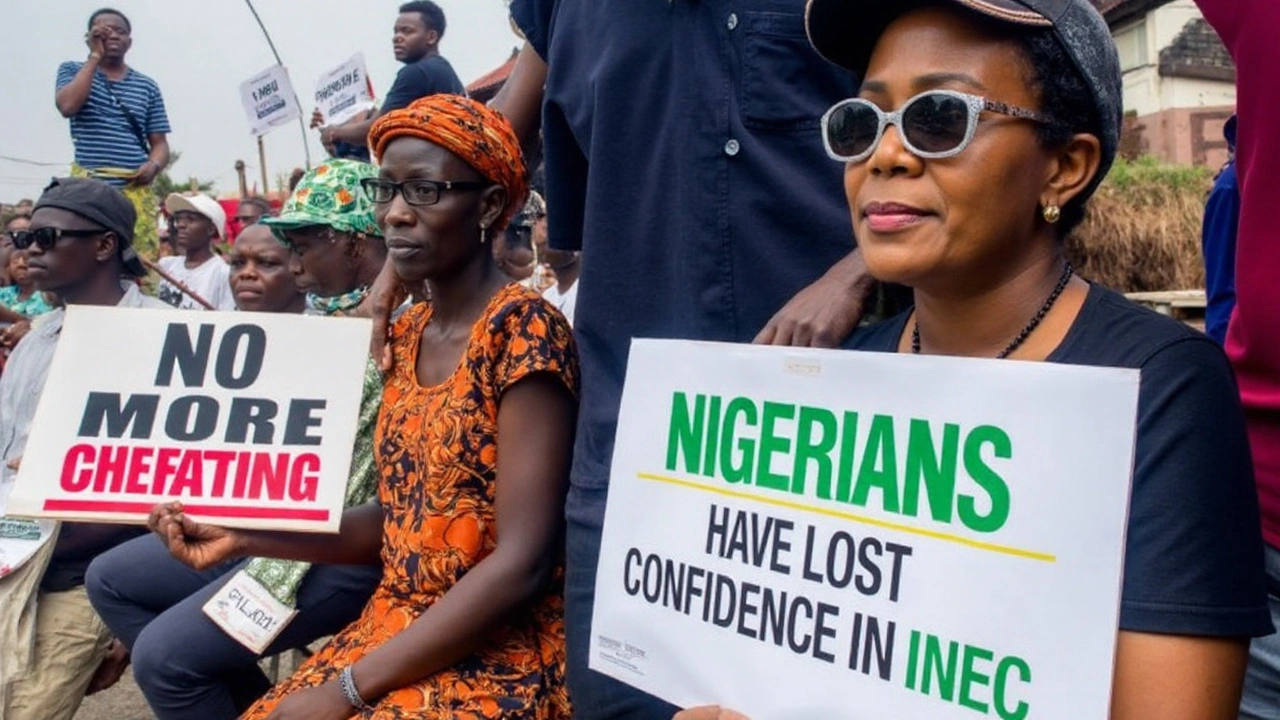Voter Trust: Why It Matters and How to Rebuild It
Ever wonder why some people barely show up at the polls while others are ready to cast a ballot every time? The missing link is usually voter trust. When citizens believe the system is fair, transparent, and responsive, they’re more likely to participate. When that belief fades, turnout drops and democracy feels shaky.
What is voter trust?
Voter trust isn’t just a vague feeling – it’s the belief that your vote actually counts and that elected officials will act in the public’s best interest. It covers three main areas: confidence in the voting process (like accurate counting), faith in the integrity of candidates, and belief that the government will honor its promises. Recent polls in several countries show a steady dip in all three, especially after high‑profile scandals or accusations of meddling.
Think of it like a friendship. If you suspect your friend is lying or cheating, you’ll stop sharing secrets. The same goes for politics: if people suspect fraud or hidden agendas, they start keeping their political thoughts to themselves.
Steps to strengthen confidence
Here’s a quick, everyday‑friendly guide to rebuilding voter trust – whether you’re a private citizen, a community organizer, or a politician.
1. Demand transparent processes. Push for open‑source vote‑counting software, clear timelines for results, and public audits. When the steps are visible, doubts shrink.
2. Keep campaign promises in check. Politicians should set realistic goals and update voters regularly. A simple monthly email or town‑hall can show progress and prevent the “all talk, no action” vibe.
3. Educate, don’t just inform. Schools, NGOs, and media outlets should explain how elections work, not just report who won. Understanding the mechanics reduces suspicion.
4. Encourage citizen observation. Volunteer as a poll watcher or join a local watchdog group. Seeing the process firsthand builds personal confidence and signals community oversight.
5. Address misinformation fast. When false claims spread, fact‑checkers and trusted community leaders need to act quickly. A single corrected story can stop a wave of doubt.
These actions aren’t one‑off fixes; they’re habits that, over time, restore the social contract between voters and their government.
Bottom line: voter trust is the engine that drives participation. By making the system clearer, holding leaders accountable, and fighting fake news, we can keep that engine running smoothly. The next election you attend might just feel a little more worthwhile because you know your voice truly matters.

INEC Must Act Now to Rebuild Trust Before 2027 Election
- by Masivuye Mzimkhulu
- on 26 Sep 2025
Nigeria's electoral body faces a credibility gap after a dismal 2023 turnout and a broken tech promise. EU observers say the lack of transparency eroded voter confidence. With the 2027 election looming, experts warn that without urgent reforms, democracy could slip further. Trust can only be restored through clear action, not empty vows.